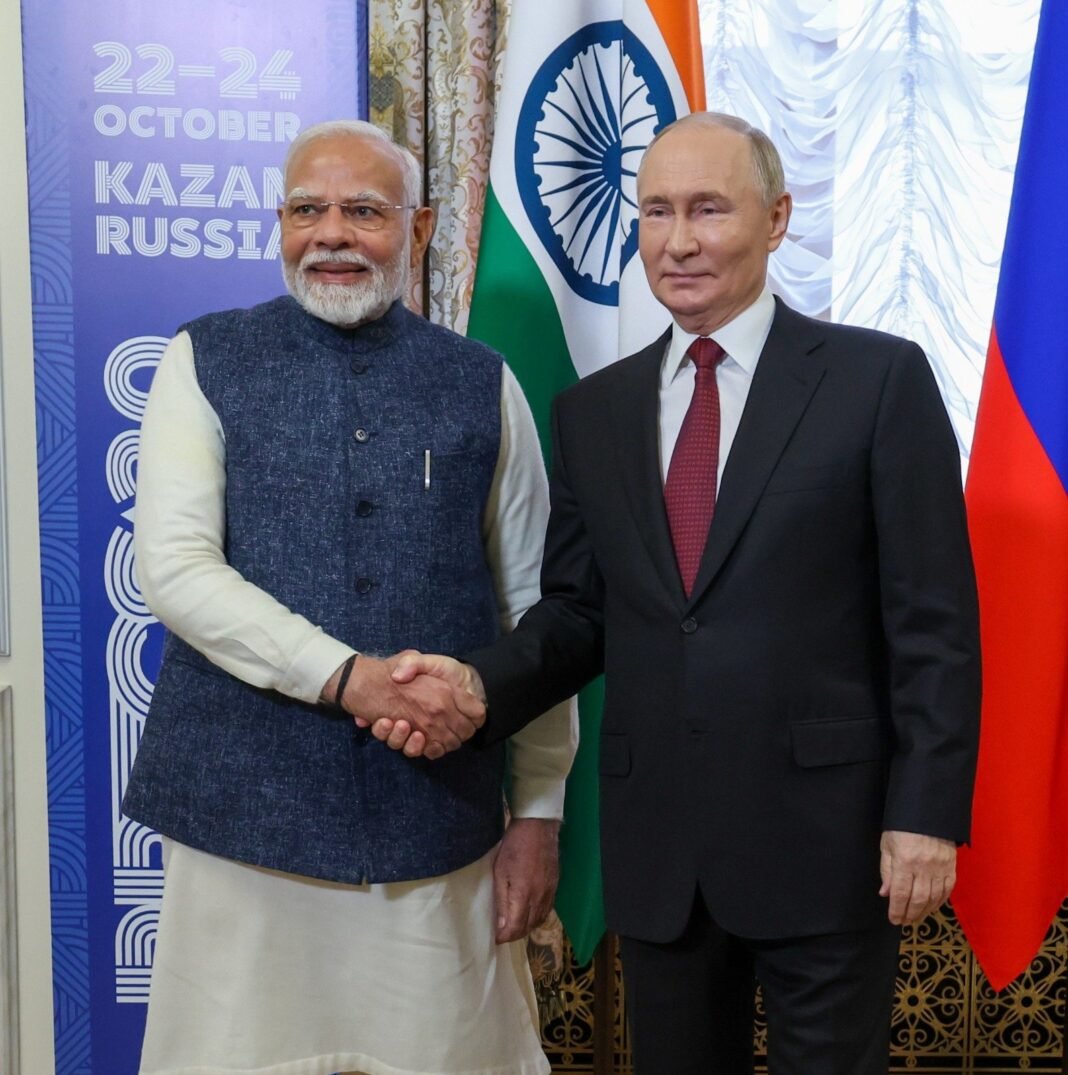In a sharp diplomatic exchange, Russia has criticized U.S. President Donald Trump’s warning to India over its continued imports of Russian crude oil, calling the threats “illegal” and contrary to international norms.
The rebuke follows Trump’s recent remarks that accused India of profiting from discounted Russian oil and warned of steep tariff hikes on Indian exports to the U.S. if such imports were not stopped.
In a post on Truth Social, Trump alleged that India was purchasing large volumes of crude oil from Russia and reselling it at a profit.
“India is not only buying massive amounts of Russian oil, they are then selling it on the open market for big profits. I will be substantially raising the tariff paid by India to the USA,” Trump stated.
Responding strongly, Kremlin spokesperson Dmitry Peskov said no country had the authority to dictate the trade relationships of another sovereign nation.
Addressing reporters in Moscow, Peskov said, “We consider such statements to be nothing short of threats. No country should be coerced into changing its trade policies. These actions are not grounded in international law.”
He added that every country has the sovereign right to determine its economic partnerships based on its own national interests. “Trying to impose unilateral restrictions or penalties on nations engaging in legal trade is unacceptable,” he emphasized.
India, for its part, has also pushed back against the U.S. president’s remarks. Government sources in New Delhi described Trump’s warnings as “unwarranted and unjustified.”
Indian officials reaffirmed that the country’s oil purchases from Russia are in line with its long-term energy strategy and are crucial to ensuring affordable energy access for its population.
According to recent data, Russia remains India’s top crude oil supplier, accounting for over one-third of its total imports. Indian refineries have increasingly turned to Russian oil since the Ukraine conflict began, taking advantage of favorable pricing amid global supply disruptions.
The West has repeatedly criticized such purchases, arguing that they help fund Moscow’s military operations.
Despite Western pressure, India has maintained that its energy decisions are made in line with its national interests. Officials reiterated that the country has not violated any global sanctions and that its dealings with Russia are consistent with international law.
“India’s energy security is non-negotiable,” one senior official stated. “We will continue to explore all viable and lawful options to ensure stable supply and pricing for our domestic needs.”
Trump’s remarks come at a time when he has been ramping up rhetoric against countries that continue to engage economically with Russia. He has floated the possibility of imposing tariffs as high as 500% on imports from countries that fail to comply with a proposed energy embargo against Moscow.
The U.S. president has also indicated that such penalties could come into effect if Russia does not announce a ceasefire in Ukraine by August 9.
The Indian government has not formally responded to the ultimatum but has made it clear through diplomatic channels that trade and foreign policy decisions will not be dictated by external pressure.
New Delhi has walked a careful line throughout the Ukraine conflict—maintaining strategic ties with both Washington and Moscow.
While India continues to engage with the U.S. on defense, technology, and regional security, it has also expanded its cooperation with Russia in areas such as energy, defense procurement, and space.
The current standoff reflects broader geopolitical shifts, as countries like India and China resist Western efforts to isolate Russia on the global stage.
Moscow’s vocal defense of India’s trade autonomy further strengthens ties between the two countries, complicating the West’s strategy ahead of upcoming global forums such as the G20 and BRICS summits.
Experts believe the situation could have far-reaching implications. “This is not just about oil or tariffs—it’s about the global order and how countries align themselves,” said Professor Rakesh Sharma, a geopolitical analyst based in New Delhi.
“India is asserting its independence, and Russia is backing that position. The question now is how far the U.S. is willing to escalate.”
As tensions rise, attention will turn to whether Washington will act on Trump’s threats—particularly if he regains office—or if diplomatic engagement will prevail.
Meanwhile, India appears set to continue its current energy policy, signaling that national interest, not external pressure, will guide its decisions.








